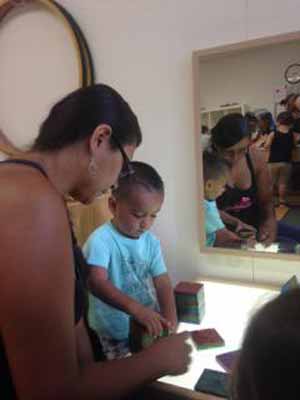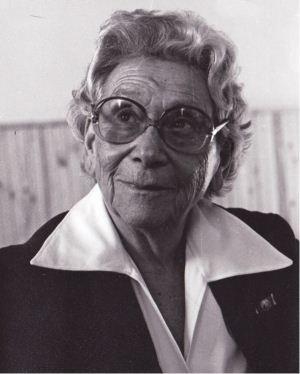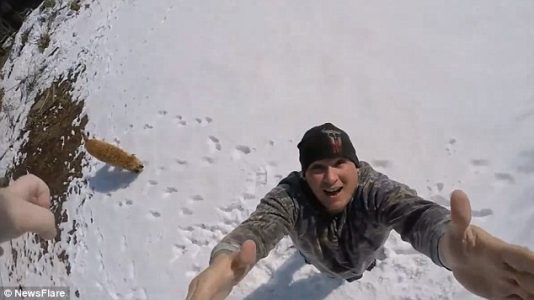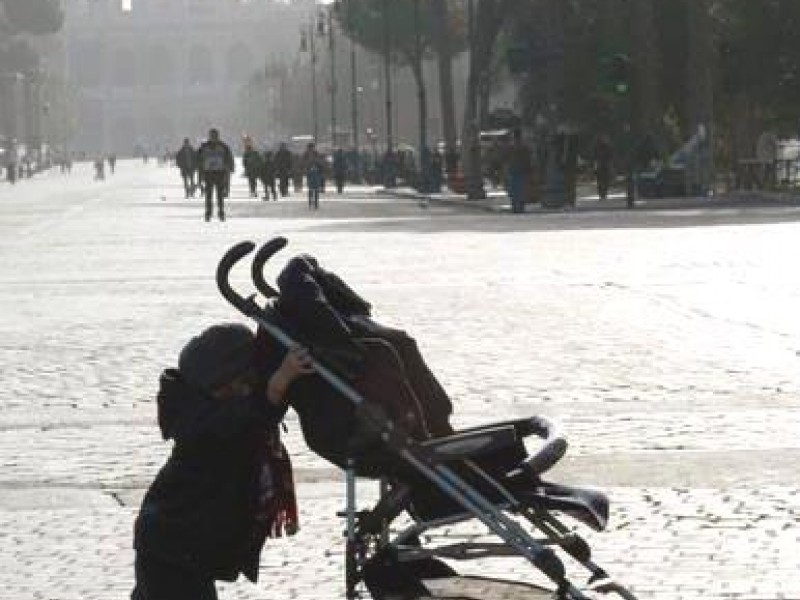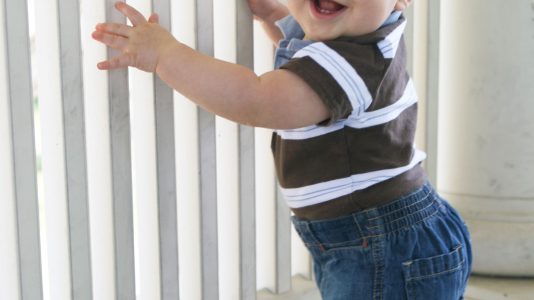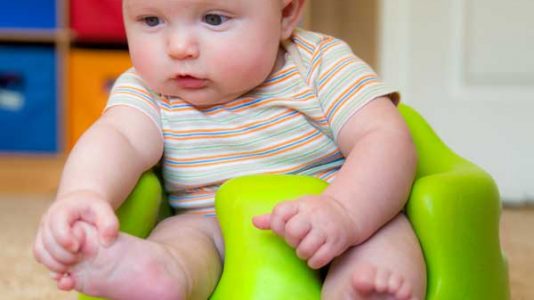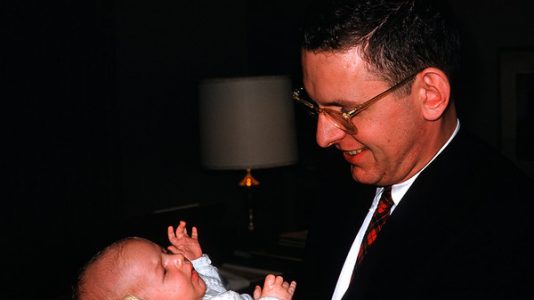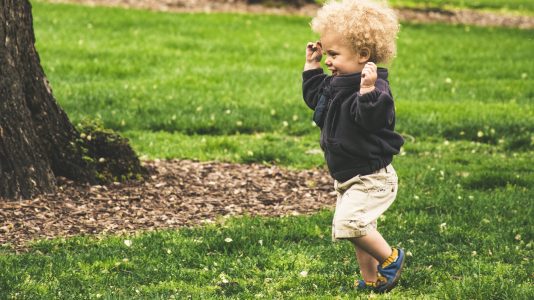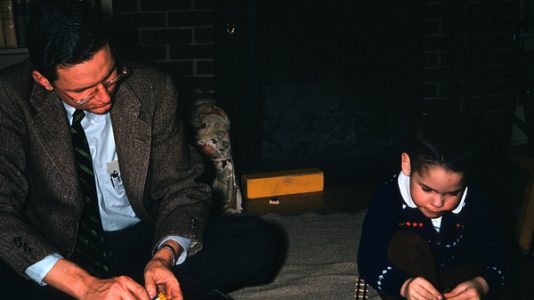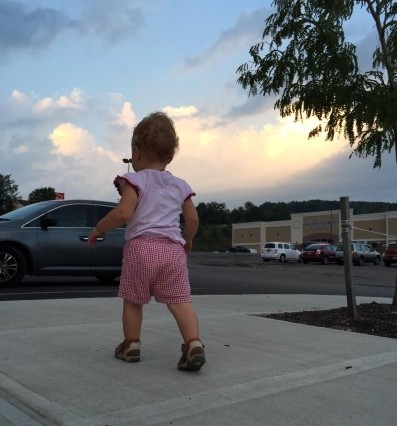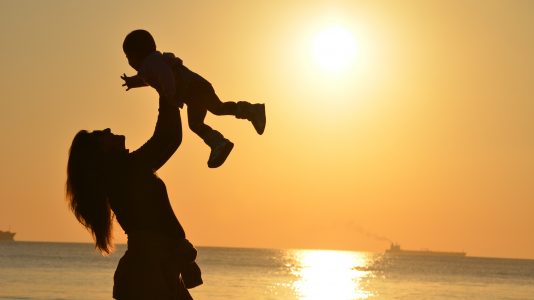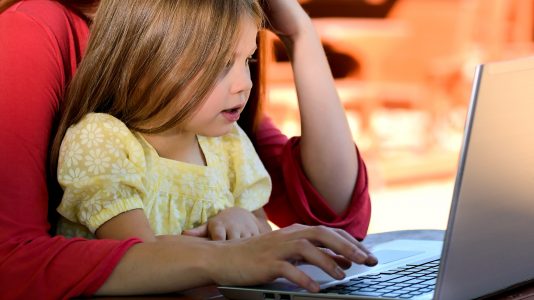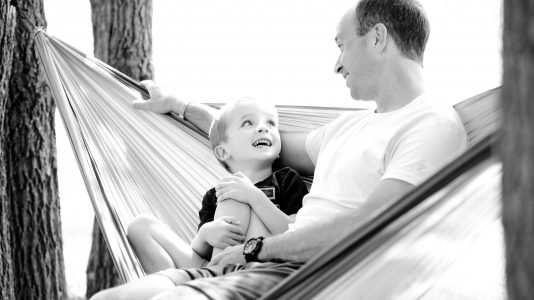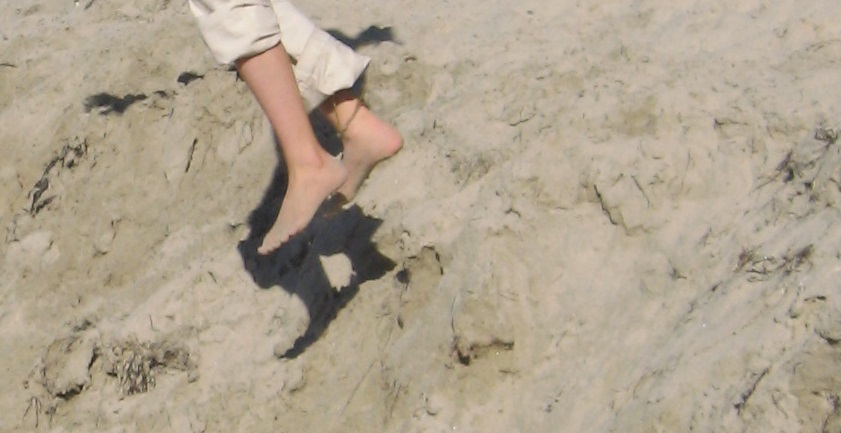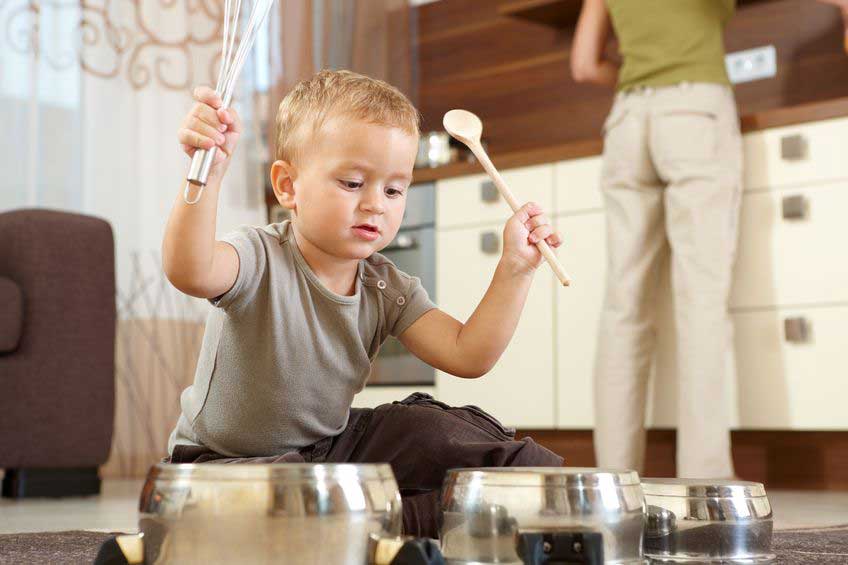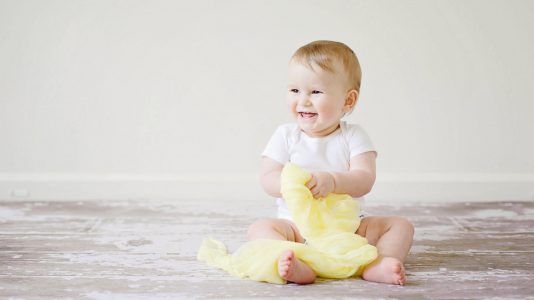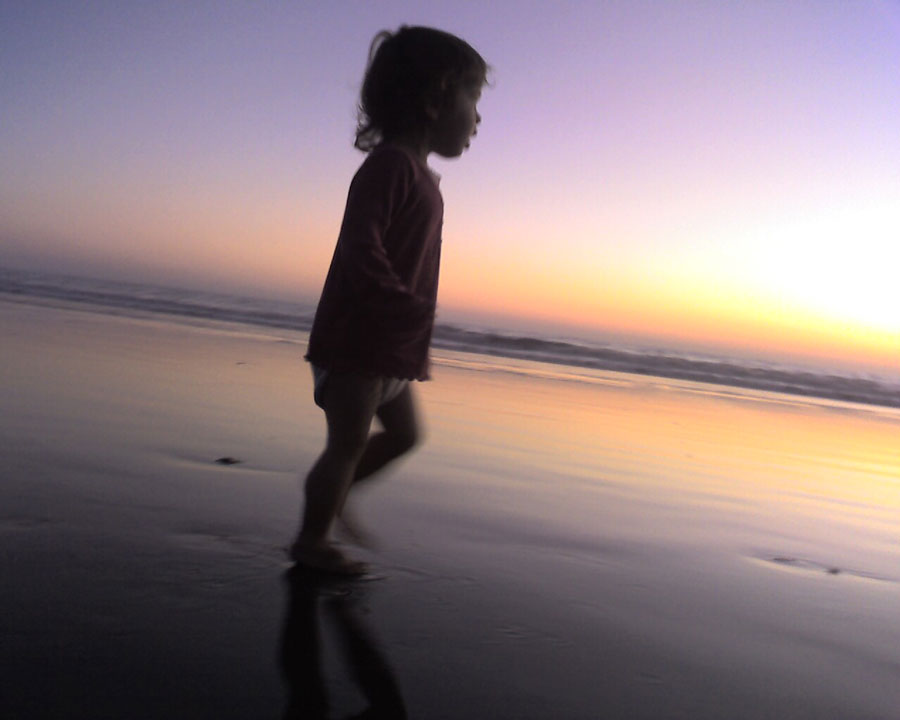Dr. Anna Machin is an English Evolutionary Anthropologist who explores core human relationships. In this essay she notes that among our primate relatives, we are the...
Dear Parents
Your job is hard - and rewarding, and really fun. You get one chance with this kid, and what you do now matters most: in the first 3 years your child develops the social, emotional and "learning how to learn" tools that will set the course for the rest of their life. Your young child can build the foundation for a lifetime of confidence, resilience and good relationships now - not by what they are taught, but by interacting with their environment. You create that environment, with what you say and do.
One could say "Creating the best environment for your child is as simple (and as repetitive) as training a dog - and You Are The Dog!"
Your children are at the age when "people skills" develop: their value cannot be overstated, especially as our world is increasingly dominated by machines and accelerating technological charge. Getting it right, now, is really important - isn't that difficult, and is fun. A little bit of investment in your parenting skills now will payoff immediately ... and the benefits will come for the rest of your child’s life, and your life together.
The benefits of creating the right environment for your child for you are a better, more joyful and cooperative relationship with a thriving child, and the satisfaction that comes with knowing you are giving the most important tools. For your child, besides the tools, there is empowerment, confidence, resilience, the ability to focus, better physiological health and development, and all of the benefits that come with cognitive development, mental wellness, and productive relationships: relationships with others, within the family, and with oneself.
In a nutshell, our instincts as parents don’t always serve our children. When we react automatically, we can be over-protective, manipulative, and interfering, in our efforts to "help" our child. Our own social and emotional needs, as well as what we’ve picked up from our parents (or their absence) lead us to habits of words and actions that are not in our child’s best interests. Changing habits can take effort at first, but soon the rewards will reinforce your new habits with every interaction.
MUST READS
All Articles for Parents
The Fate of the Earth depends on the Social and Emotional Skills of the next generation of leaders. They are on the playground right now, and, we hope, are being trusted...
I am a huge fan of Janet Lansbury, who comes out of the Emmi Pikler/Magda Gerber tradition (as do I, in my way). In the last few years, her (wonderful) teaching on...
Every pre-toddler needs a Free Space (or a “Safe Space” or a “Yes Space”) where they can play freely and safely without the need for interruption. This post has some...
This area where your child can be left alone is vital - but not to protect the child from danger. The goal is to protect your child’s play from you, and to a lesser...
This is a case where the parent's needs can take precedence over the child's needs. The child's needs to develop the skills and confidence that come from overcoming...
Moms can go all the way in with their babies – and can be reluctant to leave their children alone with their spouse. Yet research shows surprising lifelong benefits that...
Dads bring different skills and tendencies to parenting – and their “natural style” tends to differ from women’s. These two “typical approaches” complement each other...
“Information, Not Direction.” Easy to say, not always easy to do, as following it requires intimacy with the second of our “3 Rs”: Respect. Your child makes her own...
The short answer is “Often, nothing; other times, a lot.” You could say “parenting instincts are in our DNA” and it’s true – our instincts towards small children...
The first answers are safety; basic biological needs like food, shelter and health; and attachment to a consistent caring adult. If you have the resources, supplying...
Minimize all levels of judgement - both positive and negative - by simply communicating what you observe.
Published Feb 11, 2007 in New York Magazine – used here without permission What do we make of a boy like Thomas? Thomas (his middle name) is a fifth-grader at the...
Film is a great way to teach this stuff. (if you are a filmmaker who will work cheap, I have a project for you). Anyway, here are two favorite moments of mine in the...
My awesome wife is neither emotional nor verbose. Here’s a summary about RIE she put together for my little brother: I love RIE. I love RIE because it provided...
Here you go – it goes on for a bit, but that’s how it can be with “practices” – like if you said “hey, describe judo or yoga or...
And God said “Would you like to get in the car seat now?” And Moises could not answer.
Start by Stopping – the One Simple Stoic Parenting Habit that will turn your life around!
Parent - check yourself! Read on to meet your personal Tiny Invisible Socrates! Learn the easy first step for changing your habits of interacting with your kid - start...
Adults don’t “teach” infants and toddlers. They learn. It’s exciting to think “I taught him how to walk – if it wasn’t for me, he’d be crawling for the rest of his...
“Of course, they fall – but they don’t expect an adult to run and rescue them. Learning to fall, getting up again, and moving on –is the best preparation for life.” ...
Review Tina Fey's rules - and see why when your child says something far-fetched, you might want to resist the urge to correct them.
The child can’t follow any of that - It’s a foreign language – his life is now, and the rest is just babble, like the muted trumpets that signify parent’s voices in the...
When I became a dad, I read everything I could, and I found a framework for building mental health through Magda Gerber, Emmi Pikkler, and RIE classes taught by...

